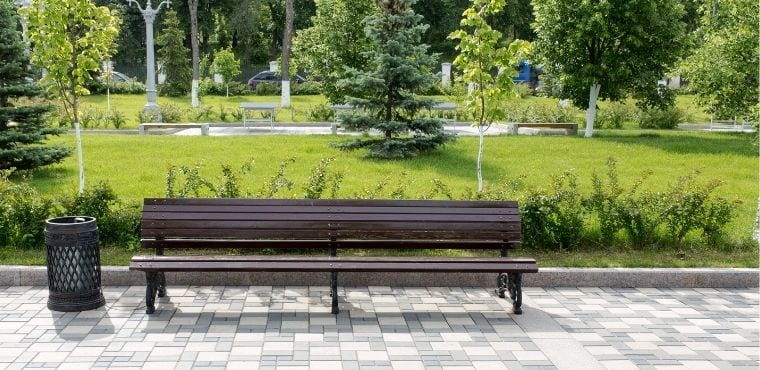Beautiful public spaces are important to cities big and small. The super tall skyscrapers and bustling city streets on the island of Manhattan encircle Central Park, arguably America’s most famous park. The motto of the city of Chicago is Urbs in Horto, or “city in a garden.” Taking cues from their namesakes across the pond, dozens of New England towns are built around their village greens.
Smaller communities can benefit from well-maintained parks as well. With attractive and functional parks, cities can encourage residents, especially young people, to enjoy the great outdoors and take pride in what their communities have to offer. Consider presenting some of these ways cities can improve their parks to your local decision-makers.
Keep Playing Fields Maintained
There’s a certain sadness that comes from seeing an overgrown baseball diamond. It’s harder to beat out a throw to first with weeds growing through the basepath, and it symbolizes a certain neglect that can dissuade people from using the field. Cities should keep playing surfaces in playable condition. They can maintain the dirt on a diamond, mow the grass for soccer, or patch up cracks and wear on tennis courts.
Replace or Upgrade Fencing
Fences are important to define a park’s borders. The best fences marry form and function—they should serve their purpose to set off boundaries, but if a park is a local point of pride, the fencing stock should reflect that as well. Parks can benefit from fences as an aesthetic accent. If a cyclone fence displays wear after years of use, consider replacing it with a wrought iron fence that does the same job, but with clean lines and attractive ornamentation.
Make Trash Receptacles Available
Nobody likes littering. However, when people can’t find a garbage can, they may toss their garbage aside and let someone else worry about it. Outfit all public parks with garbage bins that are easy to find—this way, park users won’t face the temptation to litter.
Get the Community Involved
No one knows what the public wants for its parks better than the public itself. Solicit community involvement in exploring ways the city can improve its parks. Propose an open forum where residents can express their concerns and aspirations for their public spaces. If members of the community feel they have a stake in their parks, they’ll be sure to take pride in them.






